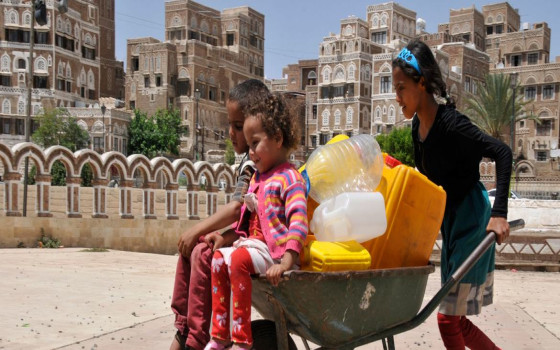
Women and girls bear the brunt of the global water crisis, according to a United Nations report

- Europe and Arabs
- Friday , 7 July 2023 19:12 PM GMT
New York - Brussels: Europe and the Arabs
Women and girls are primarily responsible for collecting water in 7 out of 10 households lacking a water supply, according to a new report released Thursday by UNICEF and the World Health Organization.
The report provides the first in-depth analysis of gender inequality in drinking water, sanitation and household hygiene, revealing that women and girls bear the brunt of the global water and sanitation crisis. According to what was stated in the United Nations news bulletin, of which we received a copy this Friday morning
Billions lack water
Globally, 2.2 billion people still lack access to safely managed drinking water in their homes, and about 3.4 billion people do not have access to safe sanitation services. And nearly two billion people are unable to wash their hands with soap and water in their homes.
The report found that women are more likely to bear the responsibility of securing water for homes, while girls are twice as likely to bear this responsibility than boys.
Dangerous trips
Women and girls generally make longer trips to fetch water, resulting in a loss of educational, employment and leisure opportunities. They also face the risk of physical injury and other dangers along the way.
“Every step a girl takes to collect water is a step away from learning, play and safety,” said Cecilia Sharp, UNICEF Director of Water, Sanitation and Hygiene, Climate, Energy, Environment and Disaster Risk Reduction programmes.
Unsafe water and toilets, and the inability to wash hands at home, added the UNICEF official, "denying girls' potential, threatening their well-being, and perpetuating cycles of poverty."
The report confirms that nearly two billion people around the world live in homes without a water supply. He noted that in most of these homes, the responsibility for fetching water falls mainly on women and girls over the age of 15.
A threat to women's privacy and dignity
According to the report, women and girls are more likely to feel unsafe when using the toilet outside the home, and suffer disproportionately from the impact of lack of hygiene.
More than half a billion people around the world still share sanitation facilities with other households, putting the privacy, dignity and safety of women and girls at risk.
Recent surveys of 22 countries show that in households with shared toilets, women and girls are more likely than men and boys to feel unsafe walking alone at night and to face sexual harassment and other safety risks.
Moreover, inadequate water, sanitation and hygiene services increase health risks for women and girls and limit their ability to safely and confidentially manage their periods.
For her part, Dr. Maria Neira, Director of the Department of Environment, Climate Change and Health at the World Health Organization, indicated that 1.4 million people die annually due to inadequate access to water, sanitation and hygiene.
"Women and girls not only face WASH-related communicable diseases, such as diarrhea and acute respiratory infections, but also face additional health risks because they are vulnerable to harassment, violence and injury when they must leave the house to fetch water or simply use the toilet," she said.
A call to action
The report highlights global progress towards ensuring that people everywhere have access to water, sanitation and hygiene services.
Between 2015 and 2022, the proportion of households' access to safely managed drinking water increased from 69 percent to 73 percent. The same period also saw an increase in safely managed health facilities from 49 per cent to 57 per cent; Basic hygiene services increased from 67 percent to 75 percent.
However, the two UN agencies stressed the need for more efforts to achieve the sustainable development goal on universal access to safely managed water, sanitation and hygiene services by 2030.
They also stressed the importance of taking further measures to ensure that the progress made contributes to achieving gender equality.


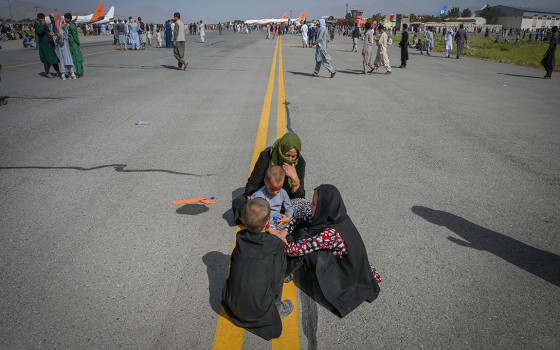
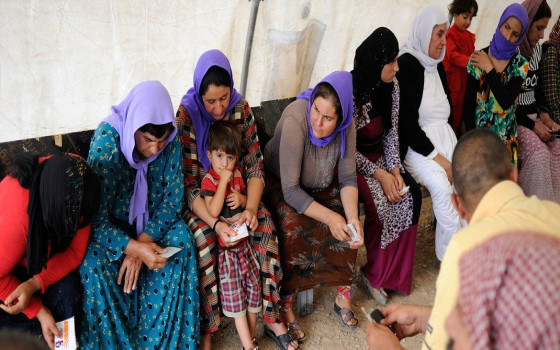
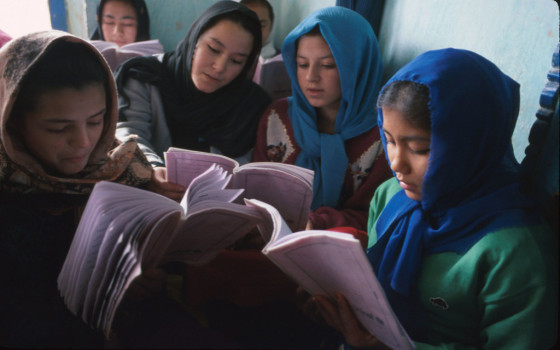


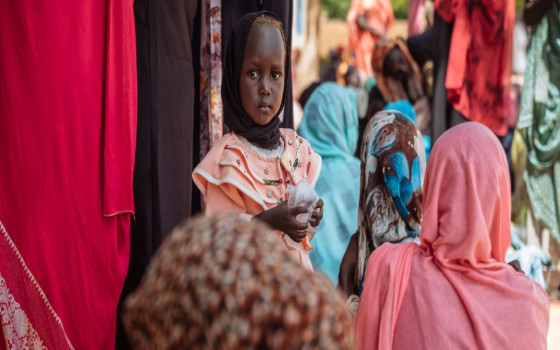




No Comments Found